Greek Mythology
-

Hector: The Hero of Troy Hector stands as the eldest son of Priamus and Hecabe, renowned for his roles as Andromache’s husband and Astyanax’s father. Within the works of Homer, he emerges as a central character among the Trojans, mirroring the significance of Achilles among the Greeks. Homer appears to hold a deep affection for…
-

Dreams are a fascinating and often perplexing aspect of our sleeping experience, producing a wide array of beliefs and interpretations throughout human history. Many theories have been proposed regarding the essence and purpose of dreaming, with classifications varying from regarding dreams as mere reflections of reality, tools for divination, sources of healing, or even insights…
-
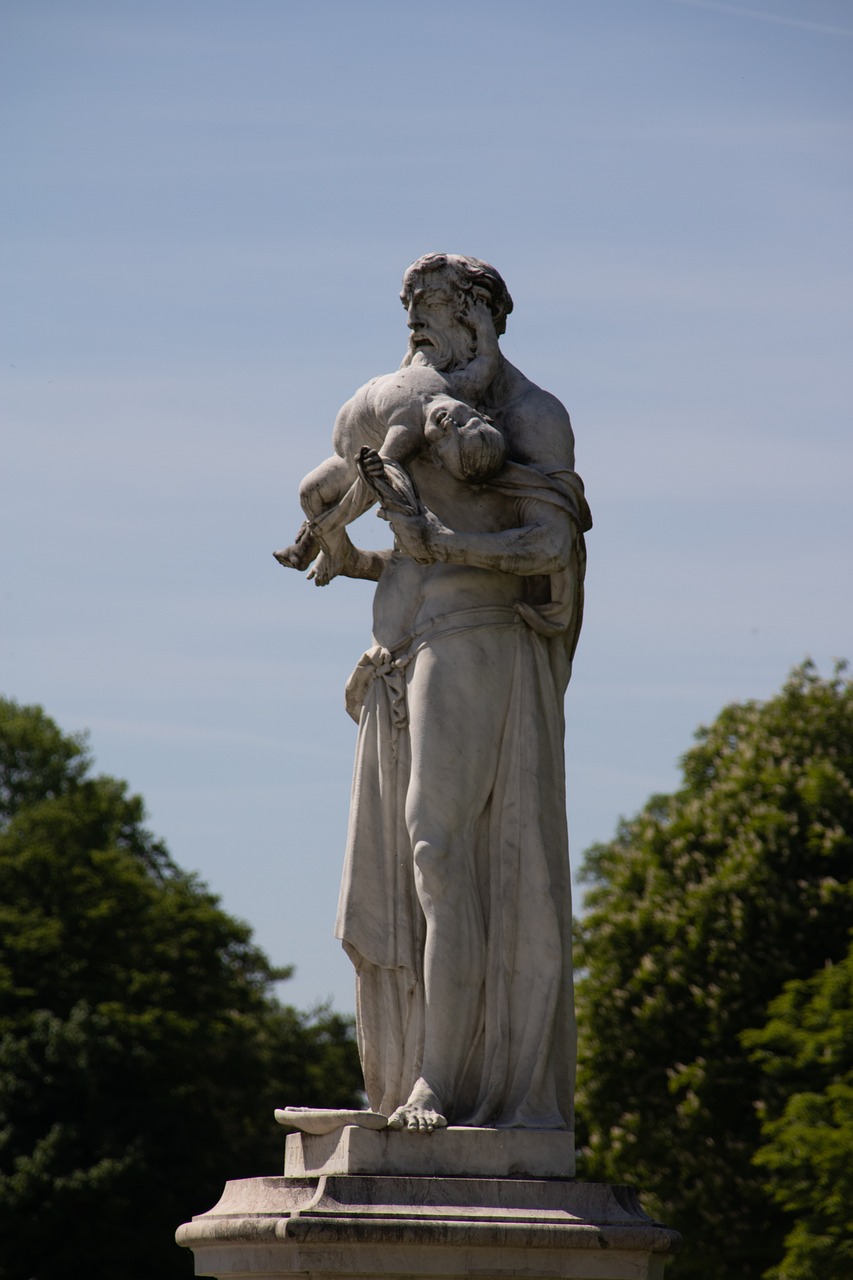
The Legacy of Cronus: King of Time Pronunciation: kroh-nuhs Other Names: Kronos Origin: Greece Cult Center: Athens, Gades, Lebadeia, Olympia Role: Ruler of the Heavens Symbols: grain, harpe, scythe, sickle, snake Wife: Rhea (his twin sister) Children: Demeter, Hades, Hera, Hestia, Poseidon, Zeus Who is Cronus? Cronus, the offspring of Uranus and Gaia, reflects on…
-
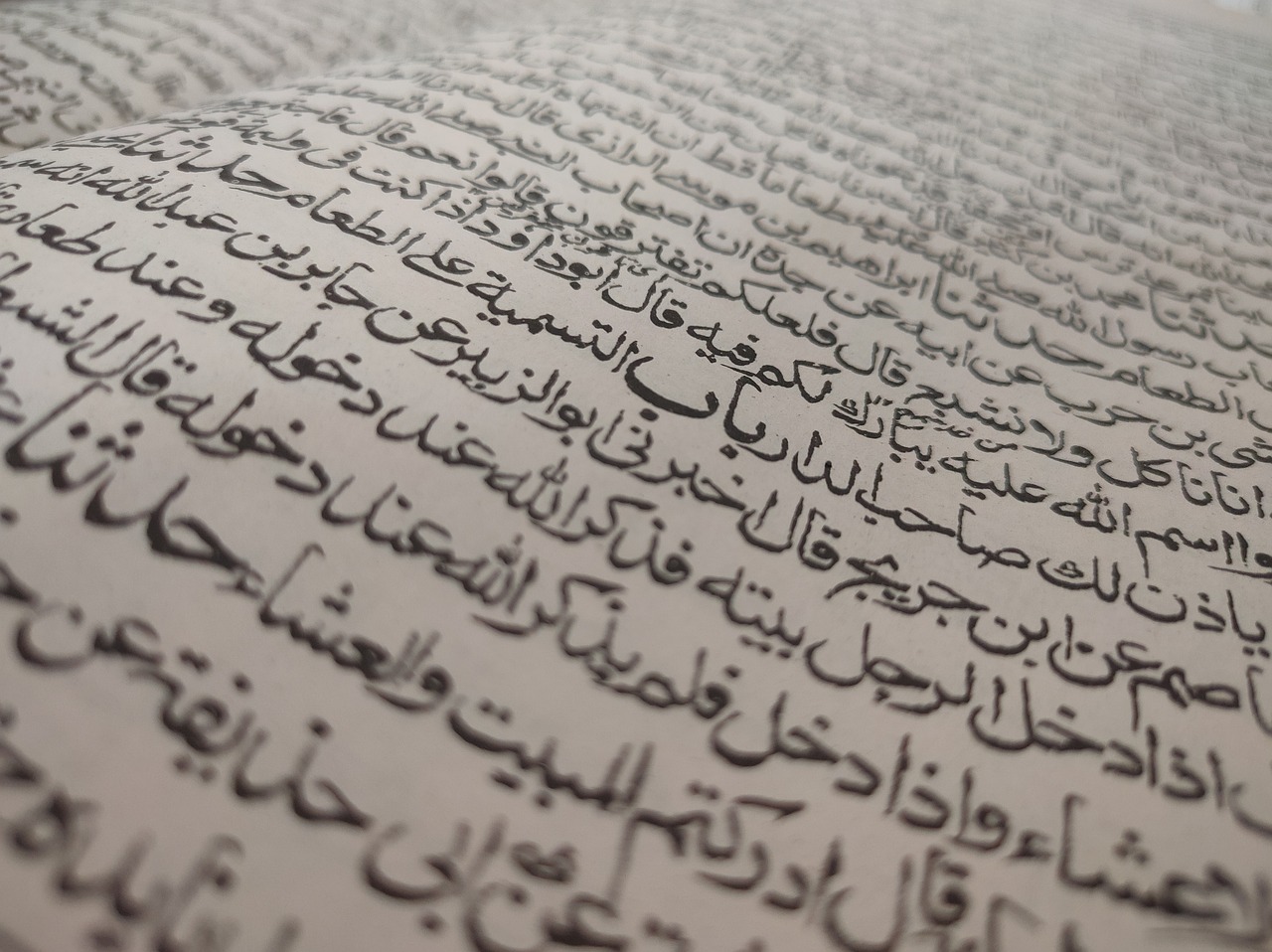
Hades: The Ruler of the Underworld Hades, known as “the Unseen,” or Pluto (“the Wealthy One”), is a prominent figure in ancient Greek religion, recognized as the god of the underworld. As the offspring of the Titans Cronus and Rhea, he is among the siblings of key deities like Zeus, Poseidon, Demeter, Hera, and Hestia.…
-
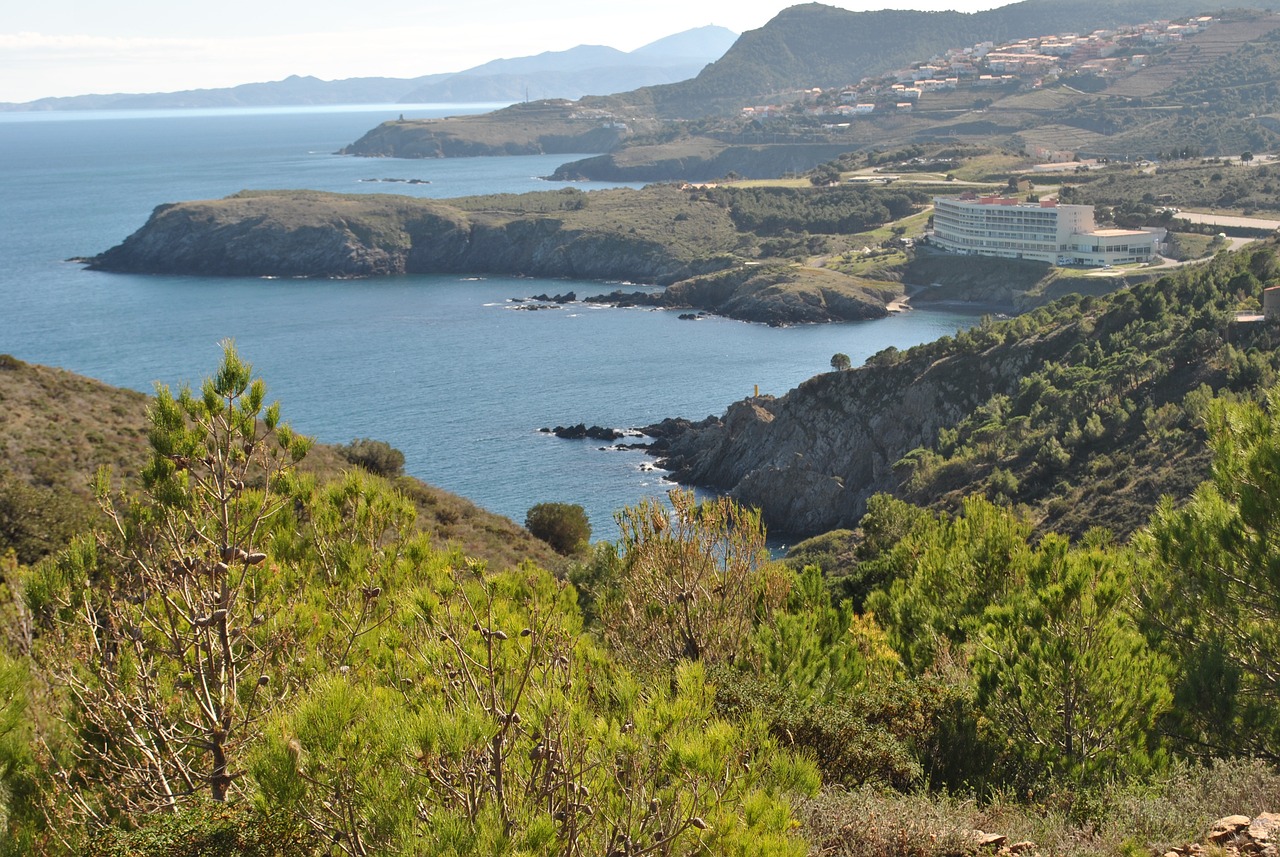
The ancient Greeks held a profound understanding of death, viewing it as a final passage that individuals must traverse. Following burial, the souls of the deceased were believed to traverse a watery path leading to Hades, the domain of the dead. Once there, these souls remained for eternity, eventually fading from collective memory. The depiction…
-
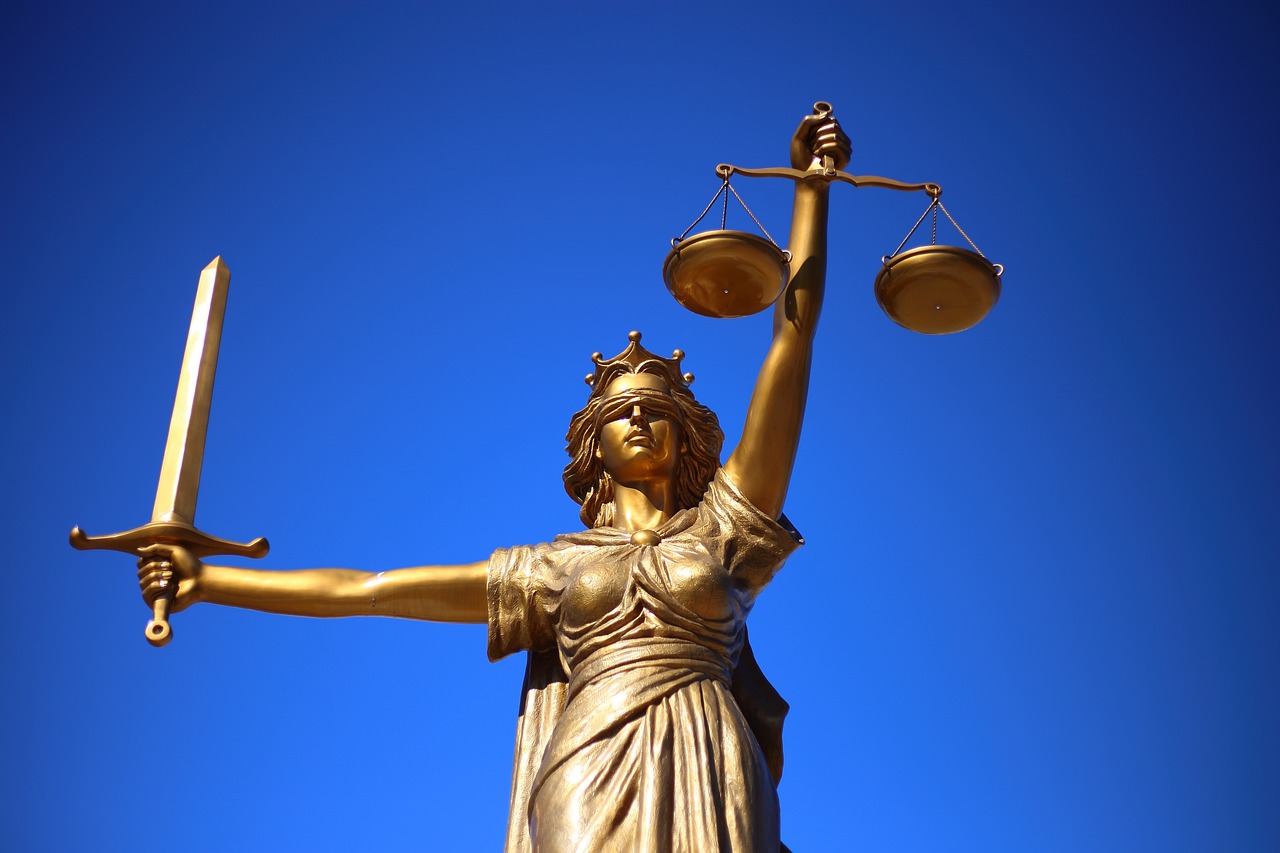
Hestia: The Goddess of Hearth and Home Introduction Hestia is a revered figure among the twelve Olympian gods and goddesses in Greek mythology, embodying the concepts of the hearth, home, and family. Prize for her calming and caring demeanor, she is often illustrated alongside a flame, symbolizing the comforting hearth fire that nourishes and warms…
-
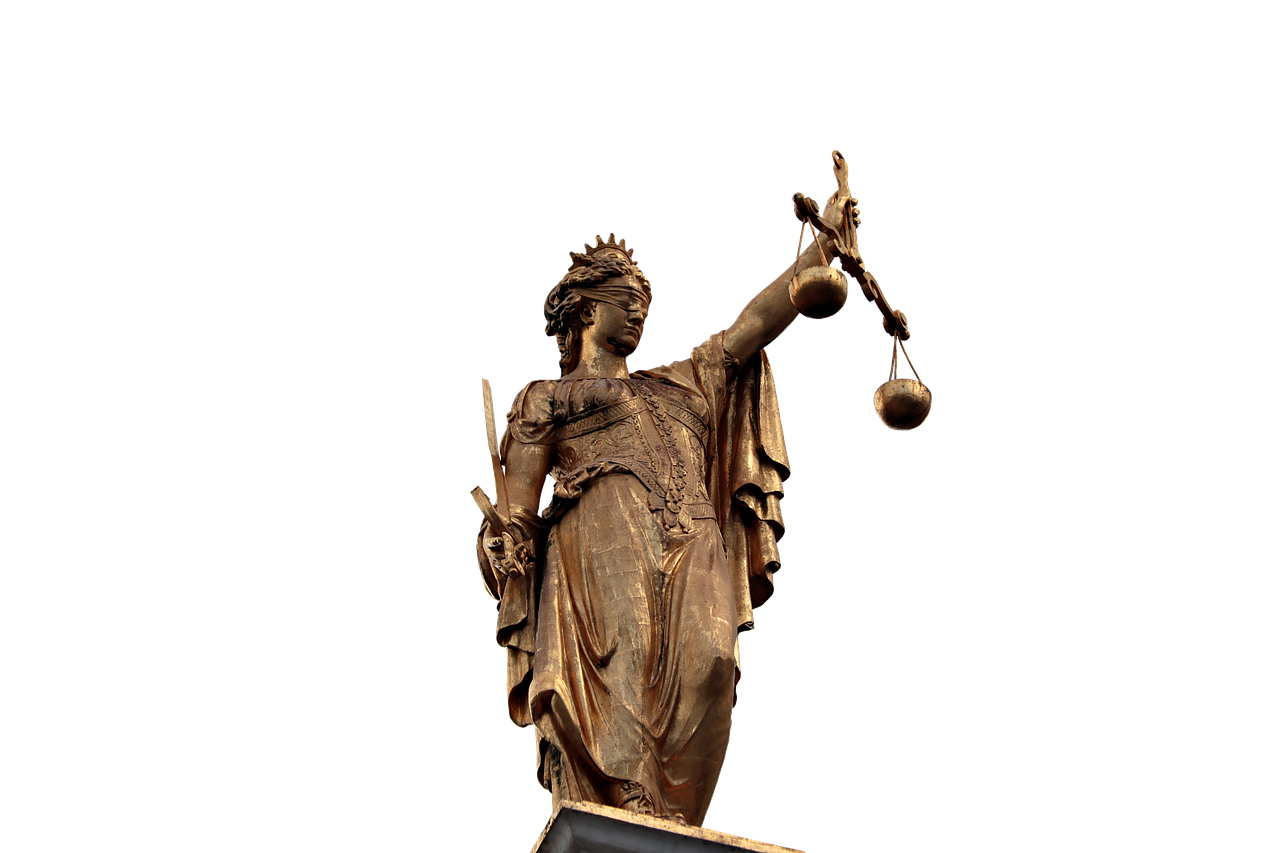
Uranus: The Primordial Sky God in Greek Mythology Uranus (Ouranos) ranks as the earliest god of the heavens in Greek mythology, embodying the sky as a massive dome of brass adorned with stars. In this ancient world view, the edges of the sky connected to the earth, resting on its furthest reaches. Uranus represented the…
-
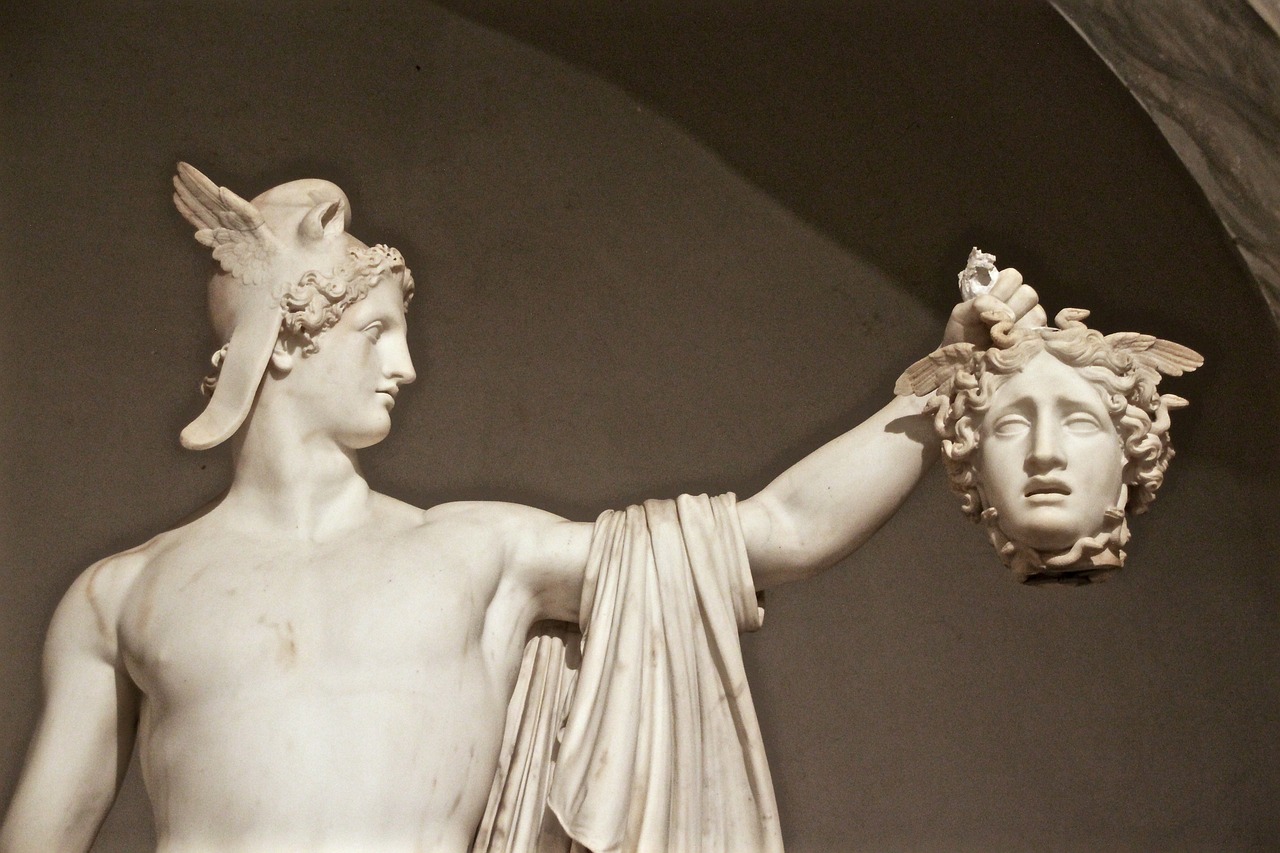
The tale of Perseus, a celebrated figure from Greek mythology, becomes intertwined with the fates of two notable women, Medusa and Andromeda, both of whom are firmly victims of circumstance, yet experience drastically different outcomes. Their stories culminate within a short timeframe, painting Perseus in conflicting shades as he tragically leads to Medusa’s demise while…
-
Gaea: The Primordial Goddess of the Earth Gaea, known as Gaia, served as the embodiment of Earth in Greek mythology. Recognized as one of the primordial deities, she emerged at the very beginning of creation. Revered as the universal mother, Gaea was the progenitor of numerous divine beings. Her unions with various gods led to…
-
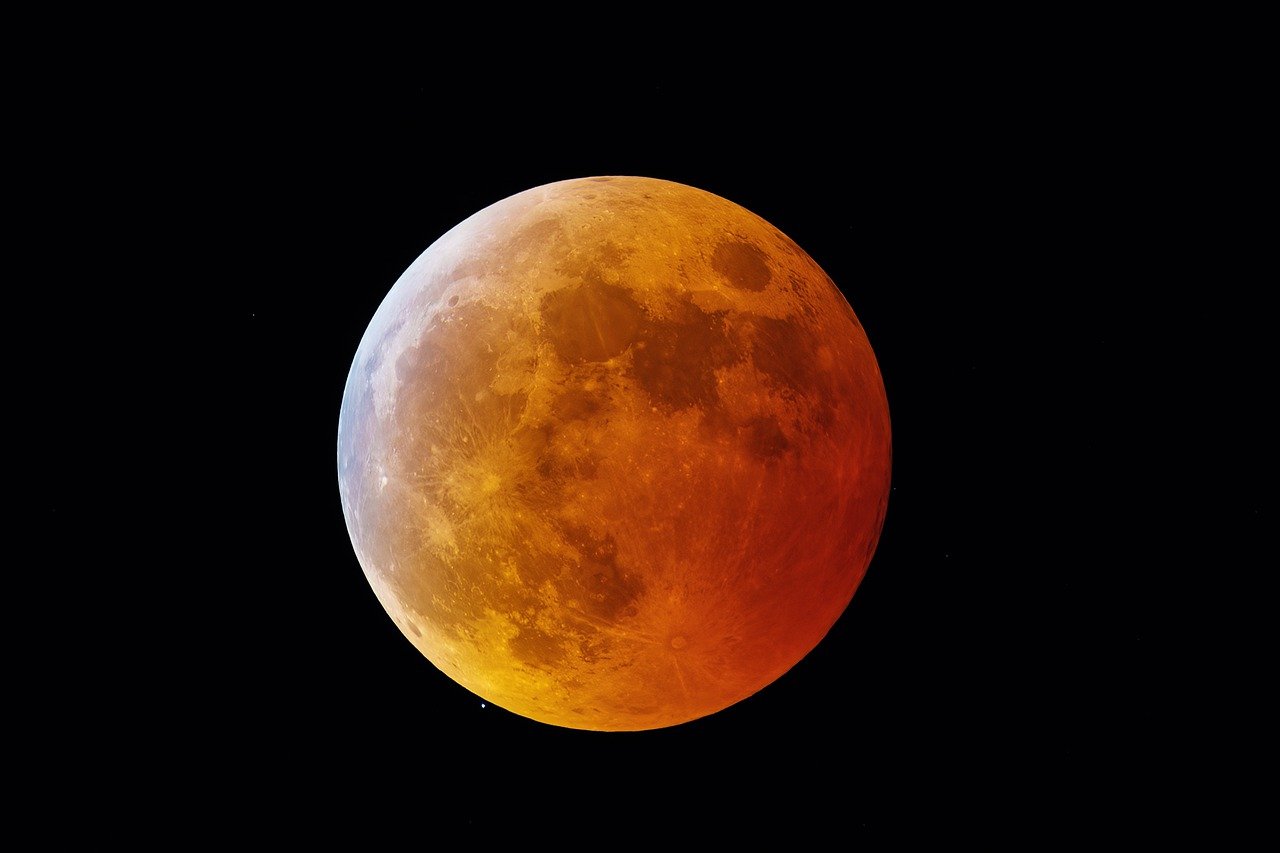
Uranus, known as Ouranos in Greek mythology, represents the sky and heavens. His Roman equivalent is Caelus. Created by Gaia (the Earth), Uranus served as her complement, leading to the procreation of the twelve Titans, the three Cyclopes, and the three Hecatoncheires. However, Uranus harbored a deep disdain for his offspring, imprisoning them beneath the…


